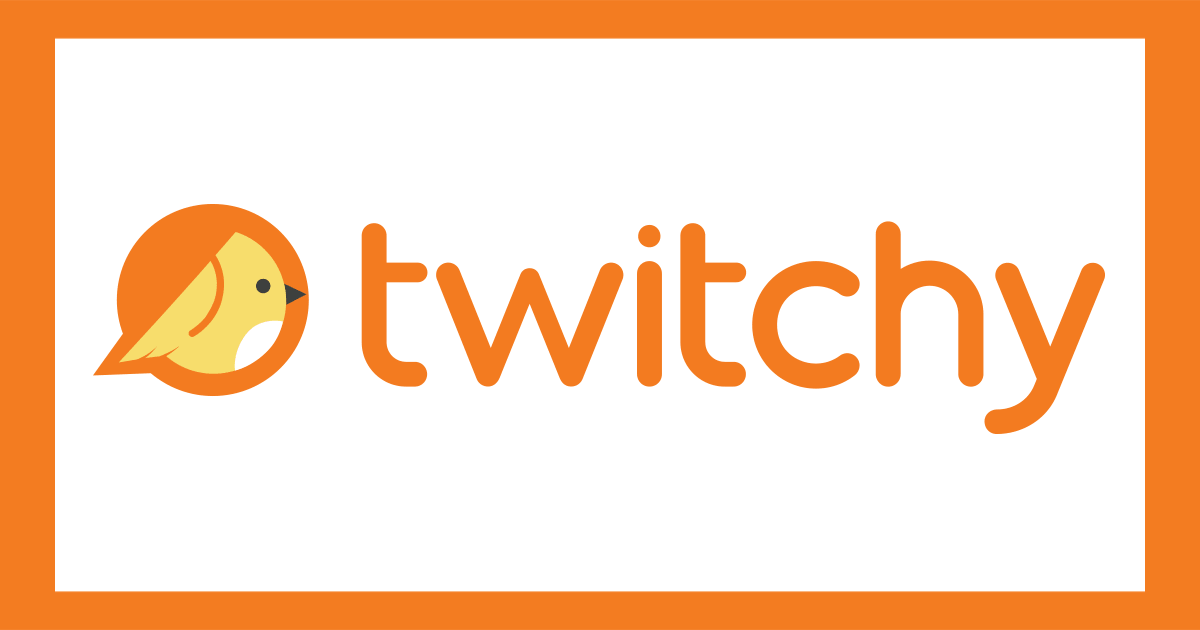Free speech is great and all, but can we really handle the responsibility that goes along with it?
New York Times Magazine writer Emily Bazelon doesn’t think so:
"We are uncomfortable with government doing it; we are uncomfortable with Silicon Valley doing it. But we are also uncomfortable with nobody doing it at all." https://t.co/pt3SOuVbZG
— Ben Smith (@benyt) January 26, 2021
Is that so?
Oh… pic.twitter.com/31FN0VLze3
— Stephen L. Miller (@redsteeze) January 26, 2021
Read all about problematic free speech in the New York Times!
“We couldn’t beat you in the war of ideas and discourse, so we’re pulling your mic” — that’s how Archon Fung, a professor at Harvard’s Kennedy School of Government, put it, in expressing ambivalence about the moves. It seemed curiously easier to take on Trump and his allies in the wake of Democrats’ victories in the Senate runoffs in Georgia, giving them control of both chambers of Congress along with the White House. (Press officers for Twitter and Facebook said no election outcome influenced the companies’ decision [to deplatform Trump et al.].) And in setting an example that might be applied to the speech of the other groups — foreign dissidents, sex-worker activists, Black Lives Matter organizers — the deplatforming takes on an ominous cast.
Fadi Quran, a campaign director for the global human rights group Avaaz, told me he, too, found the precedent worrying. “Although the steps may have been necessary to protect American lives against violence,” he said, “they are a reminder of the power big tech has over our information infrastructure. This infrastructure should be governed by deliberative democratic processes.”
But what would those democratic processes be? Americans have a deep and abiding suspicion of letting the state regulate speech. At the moment, tech companies are filling the vacuum created by that fear. But do we really want to trust a handful of chief executives with policing spaces that have become essential parts of democratic discourse? We are uncomfortable with government doing it; we are uncomfortable with Silicon Valley doing it. But we are also uncomfortable with nobody doing it at all. This is a hard place to be — or, perhaps, two rocks and a hard place.
Recommended
https://t.co/g0Ku3XMuYM pic.twitter.com/QJ8RBtvU3e
— Jane Coaston (@janecoaston) January 26, 2021
Yikes. https://t.co/SDo6IFwQqI
— Coup opponent (@esqincoming) January 26, 2021
Who is 'we.' https://t.co/EWtfP8aR3S
— Chad Felix Greene (@chadfelixg) January 26, 2021
Last time we checked, we were part of “we.” And we don’t recall Emily consulting us at all.
"We're uncomfortable with free speech." https://t.co/oAHs22E94d
— RBe (@RBPundit) January 26, 2021
Narrator: No we aren't
— Chris Conlon (@chrisc334) January 26, 2021
We’re uncomfortable with Emily Bazelon and friends deciding what we’re uncomfortable with.
These 'journalists' are saying the quite part out loud
They want freedom of speech solely for them while you get silenced https://t.co/BHip9p3PA0
— Branson Taylor (@Btaylor74) January 26, 2021
Emily Bazelon definitely doesn’t want people she doesn’t agree with to have a voice:
Bazelon has been banging the government regulation of speech drum since last year. Read more here:https://t.co/y3nrAB8irD https://t.co/XXGUqDInLc
— Noam Blum (@neontaster) January 26, 2021
She’s a real piece of work:
America is “drowning in lies,” the essayist and journalist declared in the midst of a long piece in The New York Times Magazine last summer, titled “The Problem of Free Speech in an Age of Disinformation.”
Sure is! But whose lies, exactly? What are they? How can an average person be expected to tell lies from truth? Perhaps government censorship is the answer to this “problem.”
…
By contrast, America suffers from a predictably gross excess of speech. “Censorship of external critics by the government remains a serious threat under authoritarian regimes,” Bazelon writes. “But in the United States and other democracies, there is a different kind of threat, which may be doing more damage to the discourse about politics, news and science. It encompasses the mass distortion of truth and overwhelming waves of speech from extremists that smear and distract.” We simply can’t have a First Amendment with so much truth being distorted by people who disagree with us, can we?
This is exactly why Big Tech doing it is so dangerous.
Are they independently doing it? Or are they just a tool of the government to get around the First Amendment? https://t.co/i5FpT4uS9Z
— Pradheep J. Shanker (@Neoavatara) January 26, 2021
Who cares? As long as the journalists like Emily don’t agree with are the ones getting policed, “we” have nothing to worry about.
























Join the conversation as a VIP Member